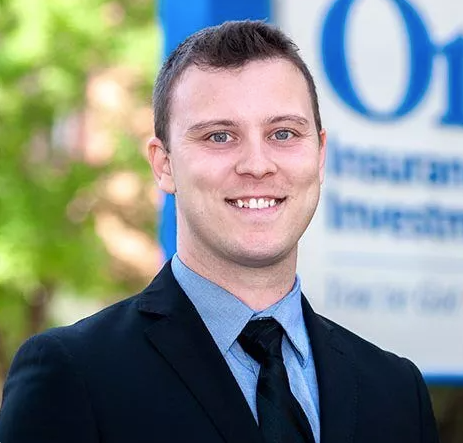So you’ve decided you’re going to do it – you’re buying some life insurance.
What happens next? Are you healthy enough for life insurance? What about your family medical history? How much coverage do you need?
Good questions. Whether you’ve just decided to get life insurance for the first time or you’re looking for a better price or more coverage, the process of applying for life insurance has changed over the last few years.
Am I healthy enough to get life insurance?
When applying for life insurance through a broker, you are underwritten at time of application. This means if you’re approved, the insurance company is taking you on knowing all of your medical history.
Whatever your medical history/situation is, your broker will help you understand what each situation means in terms of applying for life insurance. Each insurer has a different list of health questions that your broker will help you answer. A broker deals with all insurers, so they can find the right insurer for your life insurance needs.
What about family medical history? When it comes to your family medical history, insurers will typically ask if your immediate family (mother, father, sister, brother) have been diagnosed with a list of conditions. This doesn’t mean if you answer yes that you will be declined either – all depends on what, who and when.
So to answer your question of whether or not you’re healthy enough to get life insurance – you won’t know until you try (or talk to a broker about it).
How much life insurance coverage do I need?
Great question. You may have decided that life insurance is an important part of your overall financial security, but do you need $25,000 or $2,000,000 of coverage?
Here are some of the main reasons why people purchase life insurance:
- Cover debt (mortgage, car loan, student loan, credit card debt, etc.)
- Income replacement (cover your income for any surviving family)
- Education fund (leave money for any children for post-secondary education)
- Funeral expenses
- Leave a legacy for children
- Passing on a residential property to children (who will incur taxes at that time)
A broker can do what is called a “needs analysis” that will show you how much coverage you need.
What happens if I pass away?
Okay, now you have life insurance in force. What happens if you pass away? If you have life insurance, and pass away, your beneficiary(s) receive the life insurance death benefit tax-free.
Your next of kin or beneficiary(s) will contact your broker and your broker will gather information and submit a life claim for them. Your broker will get them the necessary forms and deliver the death benefit proceeds.
Talk to the team at Orr Insurance Brokers about your coverage questions. Connect with them online here.
This article was provided by Chris Redfern.

Chris Redfern, BA, Insurance Advisor
Chris is part of the Employee Benefits team at Orr, and has been a member of our Financial Services Department since 2017. He holds an Associate of Arts and a BA in Communication from William Penn University in Iowa. Chris also specializes in individual life, disability, critical illness and health/dental insurance. Chris enjoys spending time with his wife Melissa and son Carson, parents Jim and Lynn and sister Amanda. In his spare time Chris enjoys video editing, sports and TV/Movies. Chris also enjoys volunteering in the community and is the Vice President of the Stratford Minor Baseball Association.
